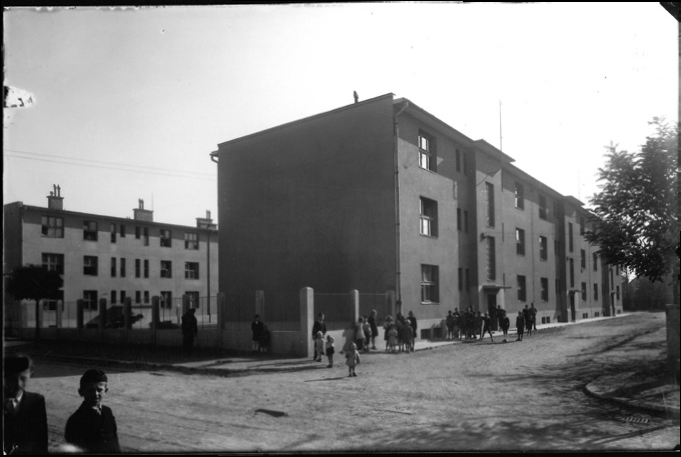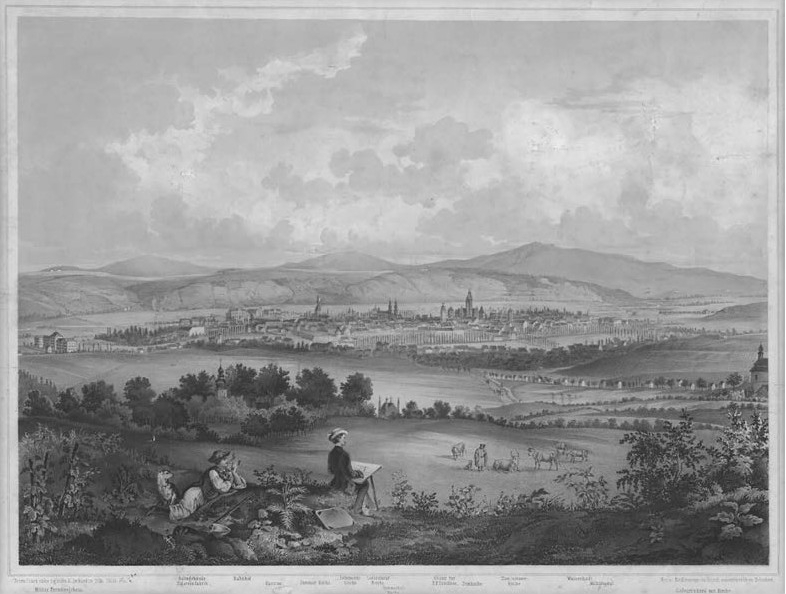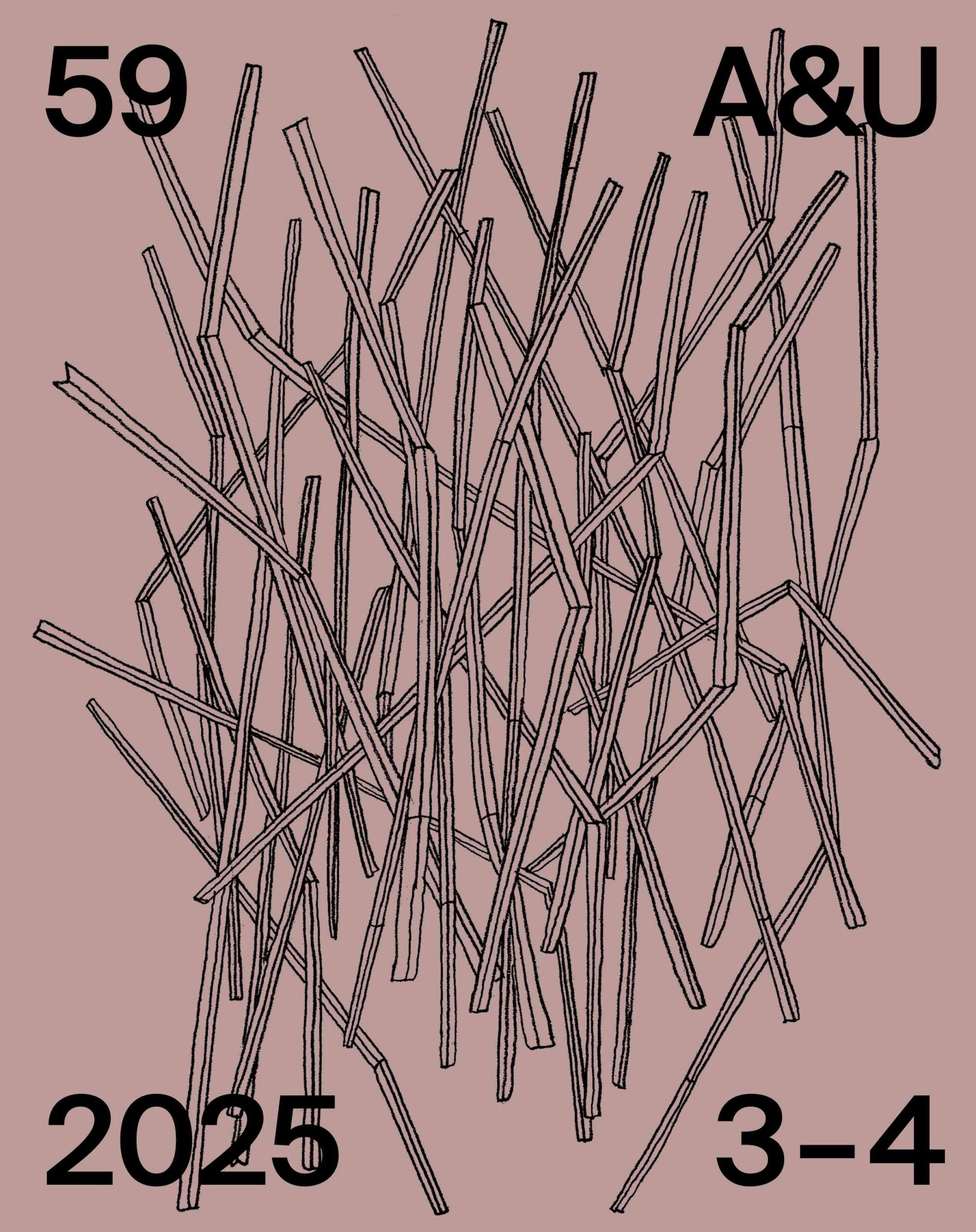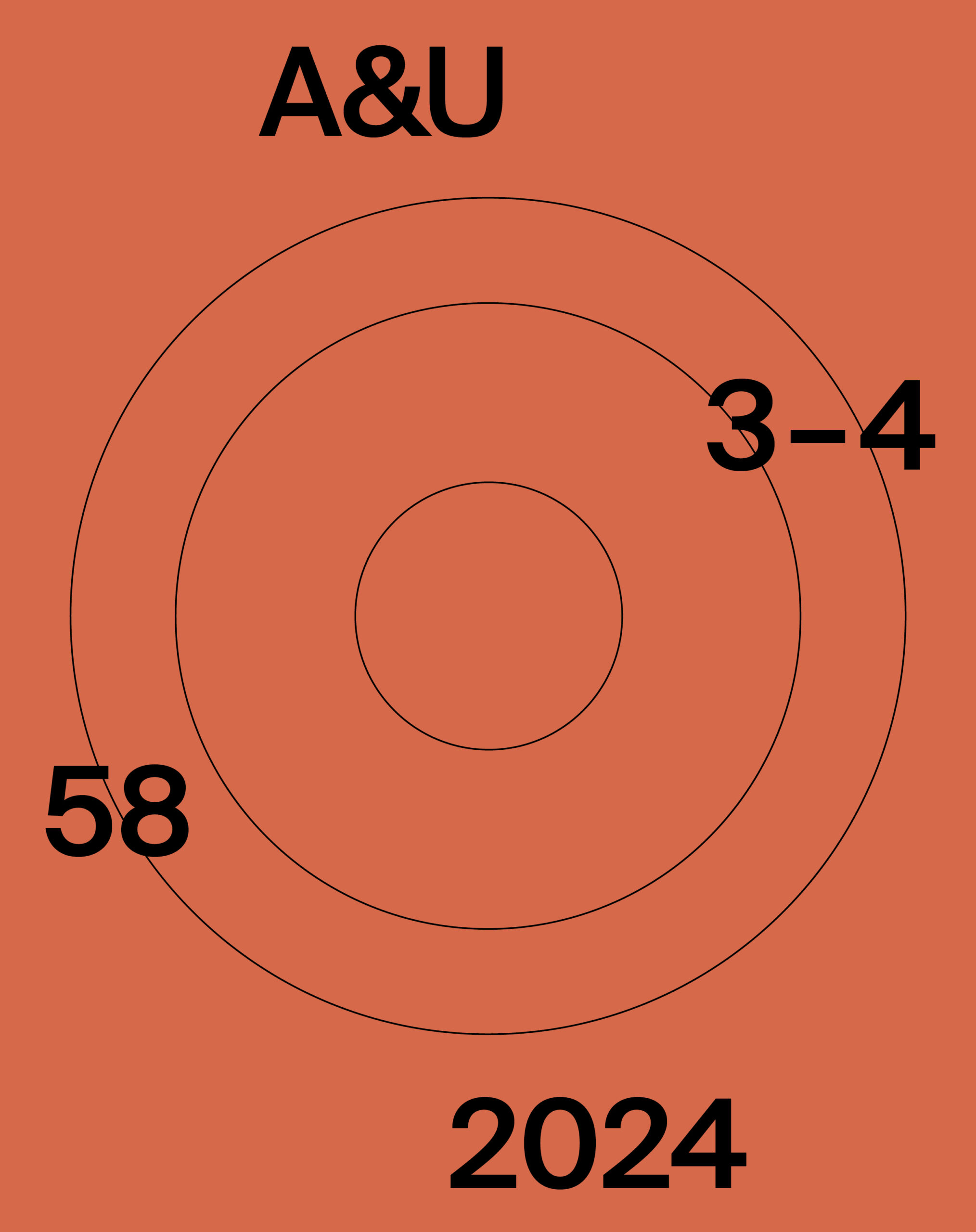Even prior to the First World War, the challenging or indeed catastrophic housing situation in Košice was a regular topic of discussion in the city’s press. The war years, followed by the collapse of the Habsburg Empire and the establishment of the First Czechoslovak Republic, threw the city into an entirely new reality, yet still confronting the problem of insufficient housing stock. Although the Czechoslovak state responded to the housing crisis by introducing new policies as early as the beginning of 1919, the chronic shortage of residential accommodation continued to have a negative impact on the city’s population, in particular the lower classes. The study is the result of the author’s long-term archival research and offers positive examples of the city’s efforts to provide the poor with satisfactory solutions to the housing crisis throughout the entire interwar period.
DOI: https://doi.org/10.31577/archandurb.2024.58.1-2.6

This work is licensed under a Creative Commons Attribution 4.0 International License






